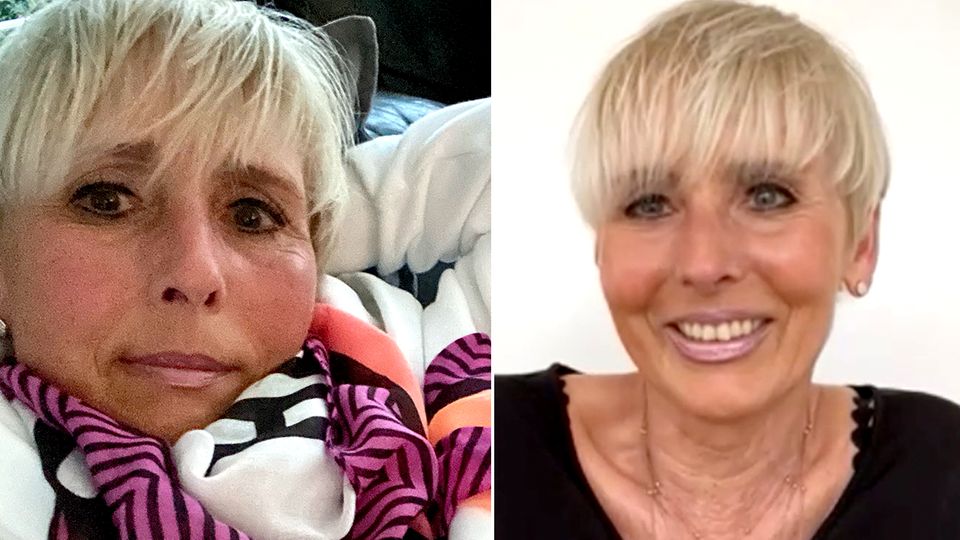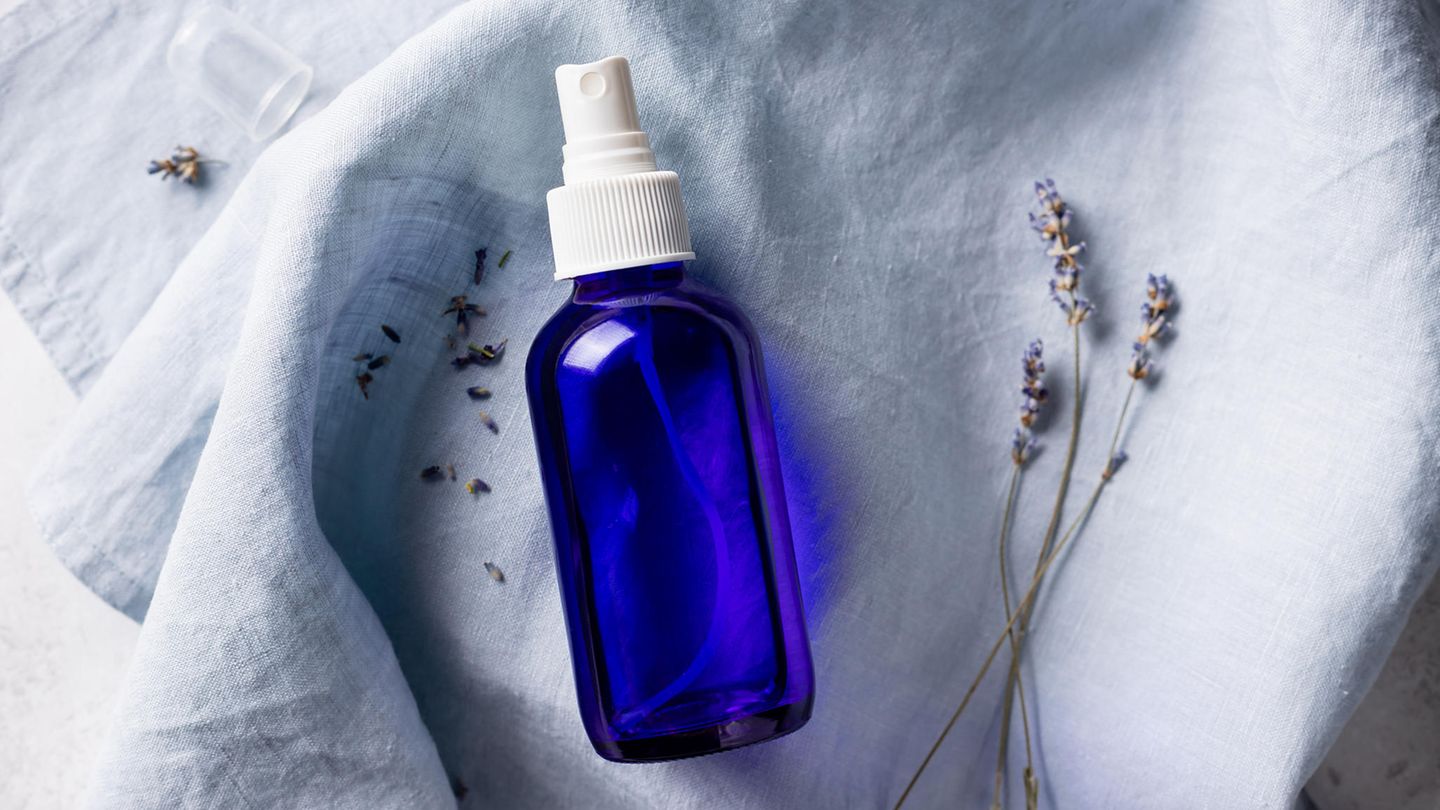In the USA, four people contract a dangerous tropical germ. Two of them die. Where did they get infected? The investigators quickly focus on an unusual cause.
High fever, cough, headache, skin abscesses, weight loss and even seizures: the infectious disease melioidosis can manifest itself in very different ways. Sometimes the infection is brought about by a soil bacterium difficult to diagnose because the symptoms are similar to those of other diseases – including pneumonia and tuberculosis. It gets even trickier when people get sick in places where the bacterium is usually not common. This is what happened recently in the USA.
reported four cases of melioidosis that occurred between March and July 2021 in four different states: Georgia, Kansas, Minnesota and Texas. Two people died. The authorities were alarmed: Melioidosis usually affects people who have previously been in tropical areas where the pathogen occurs more frequently, such as in Southeast Asia or Northern Australia. But that does not apply to the four patients.
Contaminated soil and water
The disease is triggered by a bacterium called Burkholderia pseudomallei, that occurs in contaminated soil and water. People can become infected with the pathogen by breathing in contaminated dust or water droplets. Transmission is also possible through drinking contaminated water or through abrasions in the skin that contaminated soil penetrates. Infection from person to person is basically conceivable, but the transmission route is very rare. Symptoms usually appear two to four weeks after infection. In rarer cases, however, years can pass.
Where did the four US patients get infected? The CDC experts examined the bacteria and found that the pathogens are genetically very closely related and most closely resemble those strains that are commonly found in southern regions of Asia. Since none of the sick people had been there before, the CDC investigated the suspicion that an imported product could have caused the infection.
The experts took numerous samples: from the soil around the apartments and houses of those affected, from the water, and from all consumer goods that had previously been used by the sick. The investigators found what they were looking for in an unusual place: in a room spray. It belonged to one of the sick patients in Georgia.

Laboratory tests finally show that the genetic fingerprint of the spray bacteria matches that of the four cases of illness. The investigators are now investigating whether the three other sufferers used the same spray or could have been infected through similar products from the same manufacturer. The affected room fragrance, a lavender-chamomile spray called “Better Homes & Gardens aromatherapy”, was sold in 55 stores of the supermarket chain Walmart in the USA and on the US Walmart website between February and October 2021. The product as well as five other sprays of the same brand. The manufacturer of the products is based in India.
Doctors and medical personnel in the United States are now being called upon by the CDC to pay increased attention to treating patients who have typical symptoms of melioidosis or who are treating people with antibiotics that do not work. The group of people affected is potentially large: around 3900 sprays are being recalled.
Potentially life threatening disease
People with previous illnesses such as diabetes, liver, kidney and lung diseases, cancer and immune deficiency have an increased risk of illness, but not HIV and AIDS. But healthy people can also get sick. The infection must be treated with special broad-spectrum and reserve antibiotics, as common antibiotics cannot do anything against the germ. The therapy is complex and is initially intravenous.
“Melioidosis is a potentially life-threatening disease,” writes the Robert Koch Institute (). Blood poisoning, also known as sepsis, is a dreaded complication. Despite treatment with antibiotics Because recurrences are frequent, patients must continue to take antibiotics for three to six months after intravenous treatment. Chronic courses, which manifest themselves as abscesses in organs, muscles or skin, should be prevented.
In Europe, the disease is not endemic – infections via water and soil are therefore not possible. After the tsunami in Southeast Asia on December 26, 2004, cases of melioidosis were also reported in Germany. Returning travelers were affected.
/




